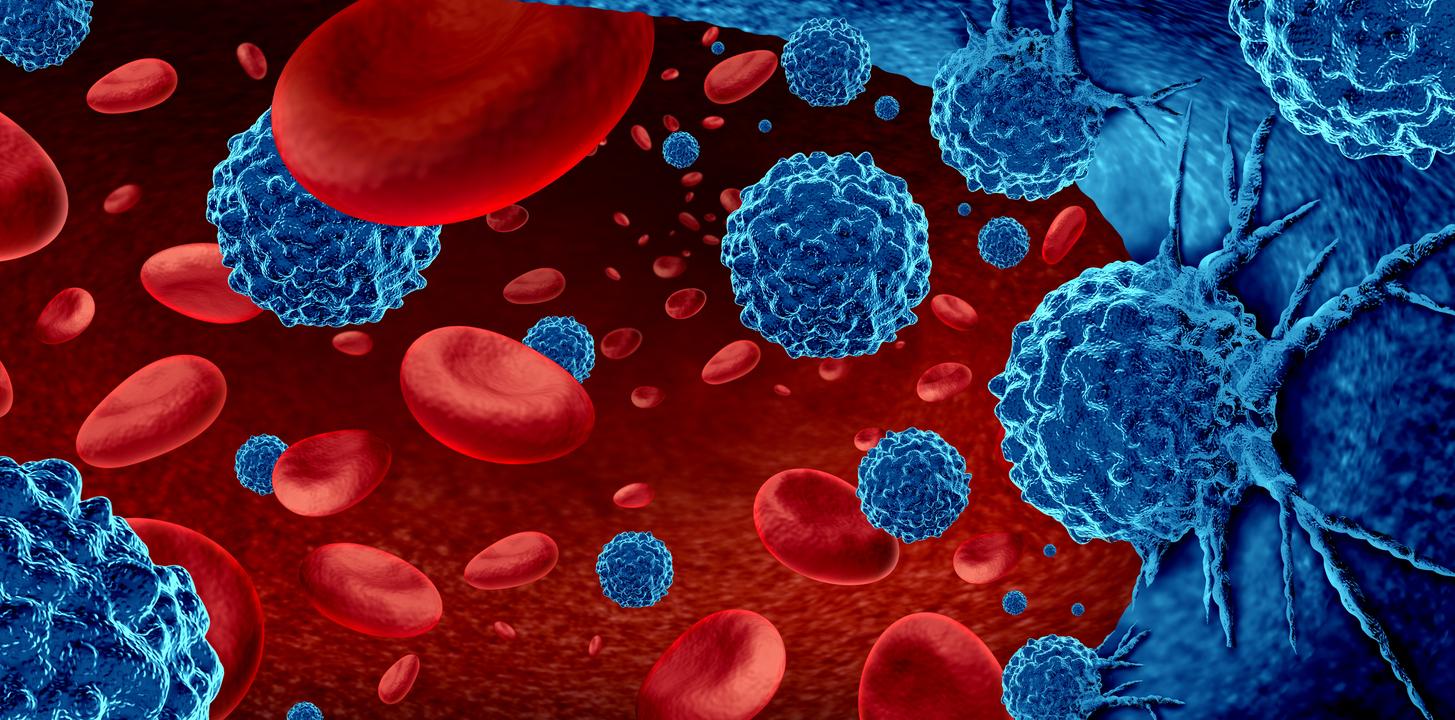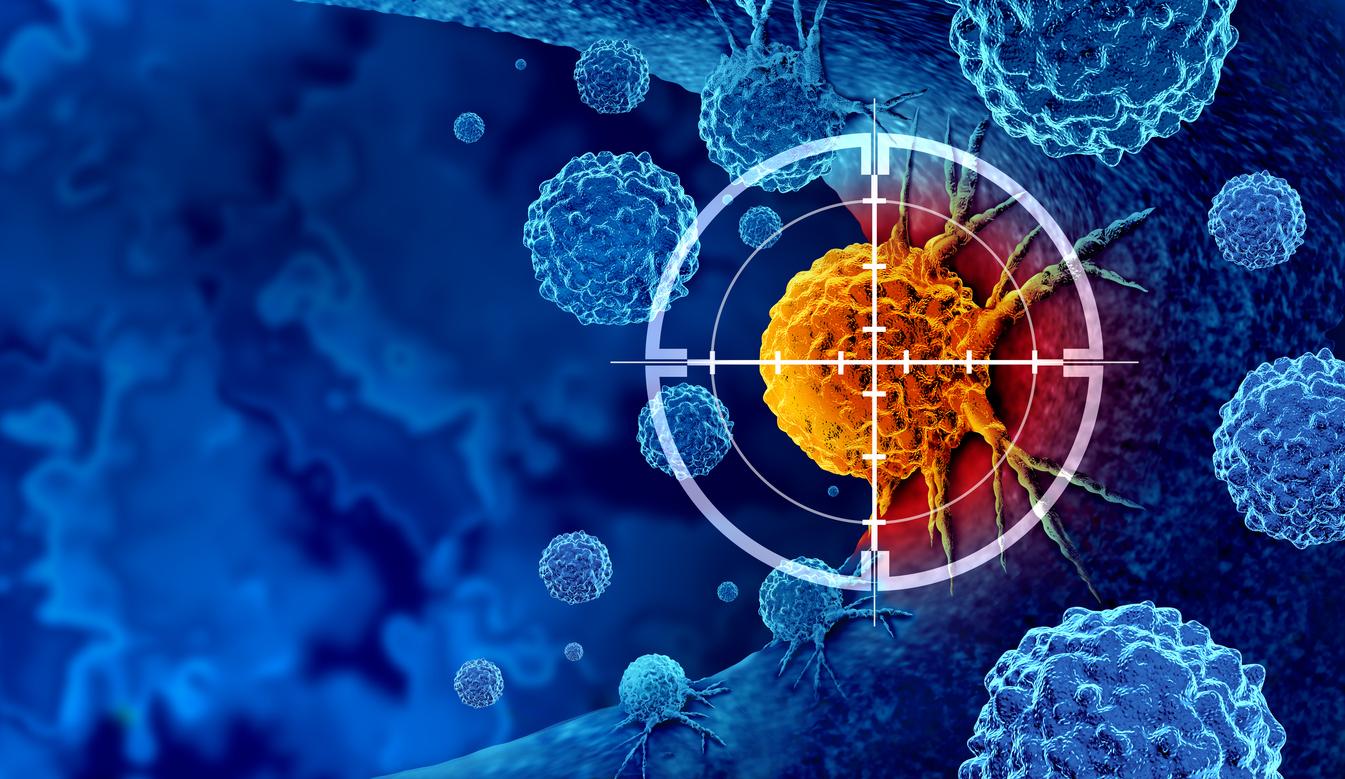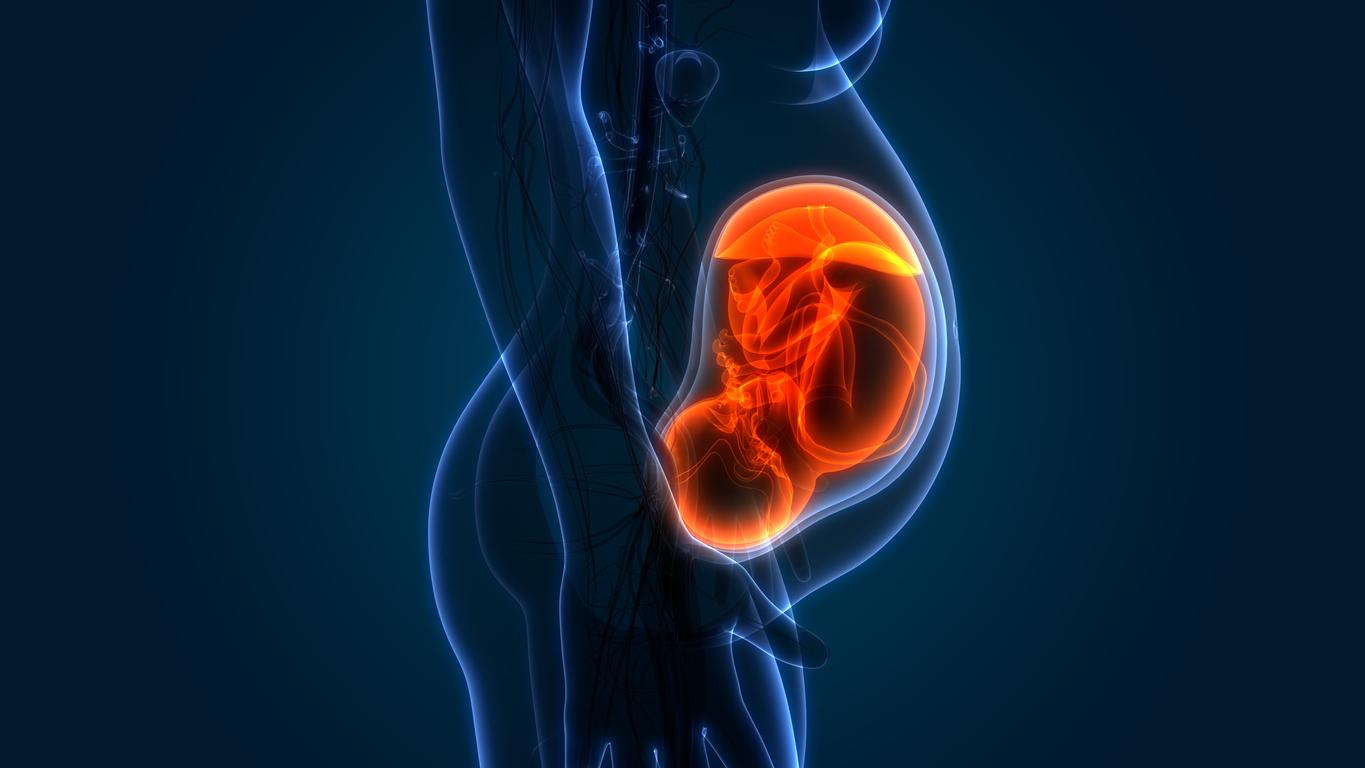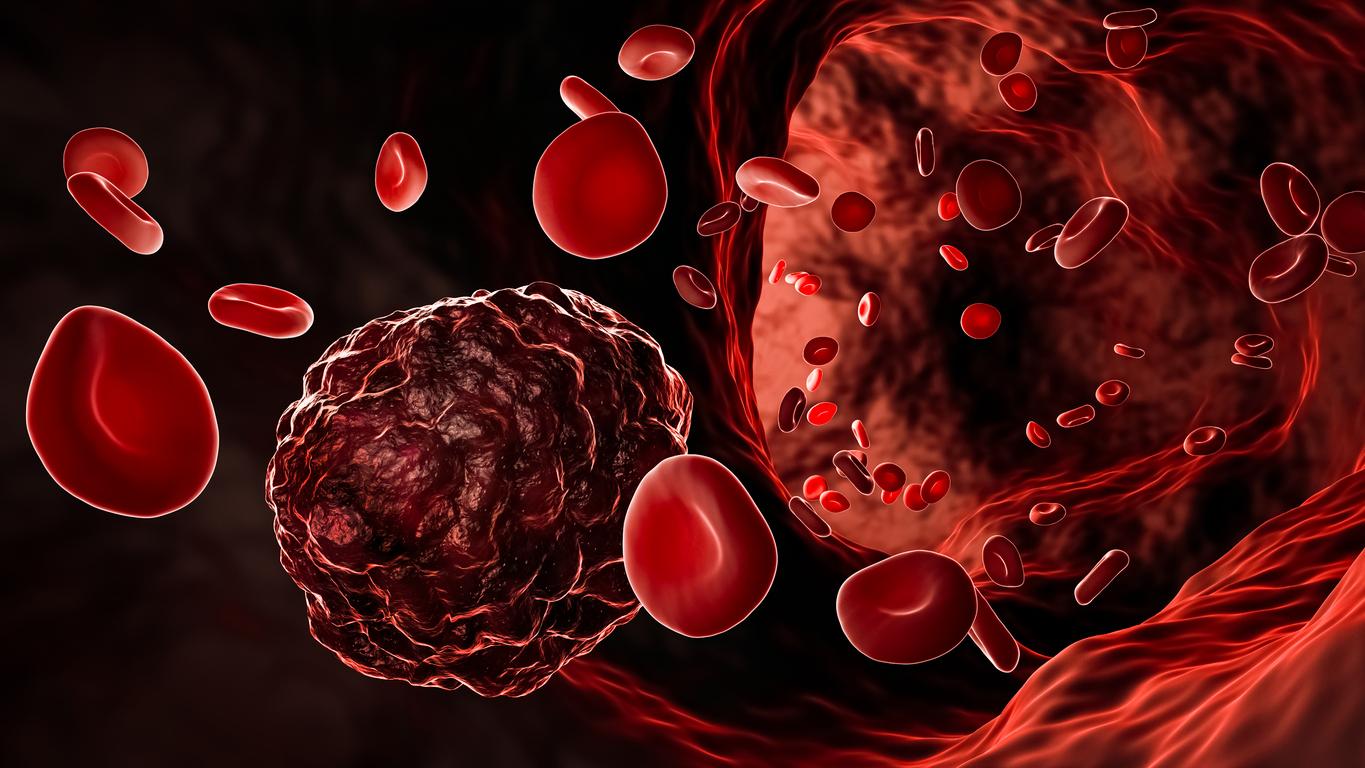In recent years, immunotherapy based on CAR-T cells has revolutionized clinical treatment against severe forms of cancer, in particular lymphomas. However, a new study points to the serious secondary risks and neurotoxicity of this new treatment.
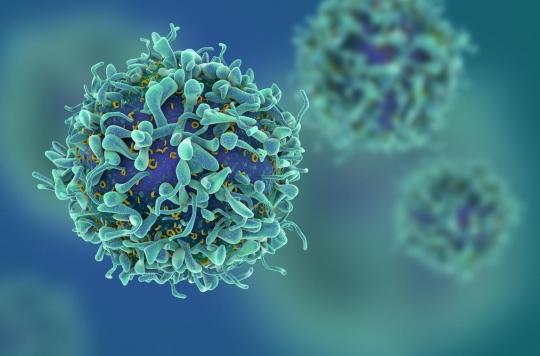
Last June, the American cancer association ASCO spoke of it as “the discovery of the year”. Since arriving in France, immunotherapy based on chimeric antigen receptor T lymphocytes (CAR-T cells, after its English acronym) has proven to be very effective in combating the most severe and aggressive forms of cancer, such as leukemia or lymphoma.
However, despite these undeniable therapeutic successes, this treatment carries the risk of serious side effects linked to the neurotoxicity of the genetically modified cells. This is highlighted by a new study conducted by the Brigham and Women’s Hospital in Boston, USA and published in the journal Brain.
What is CAR-T cell immunotherapy?
This is a therapy that uses the patient’s immune cells (T lymphocytes) to recognize and attack cancer cells. CAR-T therapy involves taking T cells from the patient’s blood and sending them to a laboratory. Using cell engineering technologies, researchers modify in vitro the genetic material of T lymphocytes in order to endow them with a specific receptor which acts as a radar to recognize and attack the cells expressing the target antigen. The number of T lymphocytes thus “reprogrammed” is multiplied in the laboratory, then the modified cells are reinjected into the patient.
Problem: These “reprogrammed” cells cause serious side effects in patients, including headaches, confusion and delirious flashes. Until now, these side effects were poorly understood and characterized.
The Brigham and Women’s Hospital team therefore decided to catalog the neurological symptoms encountered by patients who received the treatment based on CAR-T cells.
7 out of 10 patients affected by side effects
To define the clinical symptoms of CAR-T cell-associated neurotoxicity, the team conducted an observational study with 100 lymphoma patients between 2015 and 2018. They then assessed symptoms from the start of the infusion of the T cells up to two months after infusion.
Their results revealed the widespread prevalence of neurological symptoms after the start of CAR-T treatment: 77% of patients had experienced at least one of the symptoms. The most common is encephalopathy, a type of brain disease that causes confusion, but other symptoms such as headaches, tremors, weakness and language dysfunction have also been seen.
The researchers noted, however, that most of these symptoms were reversible and therefore eventually resolved in the majority of cases.
Additionally, the researchers observed a unique pattern of activity, or inactivity, in their study. Treatment-associated neurological deficits often originated in regions that appeared to be metabolically silent. This finding has important implications for the clinical assessment of neurotoxicity and the use of imaging.
“Despite the frequent appearance of neurological symptoms, imaging studies such as MRI, which are the cornerstone of neurological diagnosis, were almost always normal,” notes Daniel Rubin, researcher in the Brigham’s Department of Neurology and lead author of the study. “In contrast, diagnostic studies that more directly assess neuronal functioning, such as EEG and PET, could reliably detect and predict neurological dysfunction.”

.









